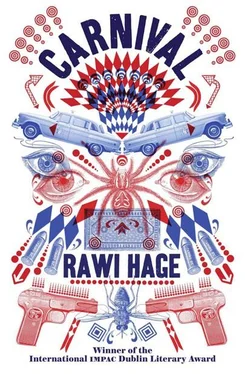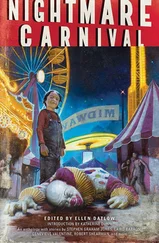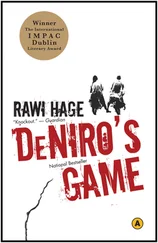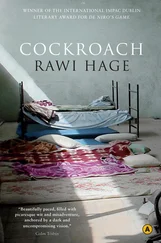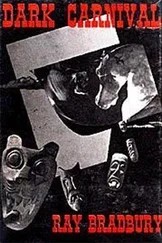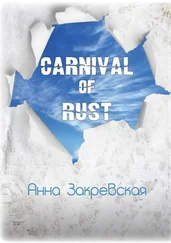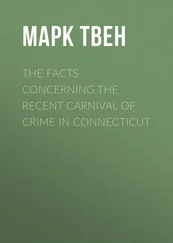Fly, Zainab said, you should see a doctor. I mean, someone you can talk to. You were not all there last night, if you know what I mean. You thought that I was someone else. Well, many someones. You had, I think, what could be described as an episode. .
And then, suddenly, Zainab switched topics and asked me about the books. I proceeded to explain that my system of classification was very different from the one used in the place where she worked. My system, I informed her, was more personal and slid along an impressionistic scale.
She smiled and said, I am intrigued, Fly. Go on.
Well, well, I rejoiced, finally I have got your interest. Who knew?
You always had my interest, Fly, but I was never interested. .
Nuances. . indeed, nuance is the mark of a great mind. . so, fiction books, let’s say, I began. These are arranged based on a subjective impression of the book and its main characters’ lives. Dead protagonists take priority over triumphant, happy-ending characters but are surpassed by books with open endings, books that don’t have grand moral conclusions. Novels with open endings I consider to be of a higher rank; hence they are located before novels with happy endings, which I often call religious, or “resurrection,” endings. That is why they tend to be conveniently located on the bottom shelves or facing my bathroom door over here. . As for historical novels, they are organized based on the name of the winner of the first battle that appears in the book. For instance, War and Peace will be found in the N section, N in reference to Napoleon, of course. Much of the other war literature, unfortunately, tends to be filed under H, for the likes of the Carthaginian commander Hannibal and other delusional elephant herders and failed artists.
Seeing that I still had Zainab’s attention, I began to explain the most mysterious layer of my classification system, that is, how to arrange the crime novels. These clueless victims are arranged according to my first attempt at guessing the killer. Since I always suspect Winston the butler, the W section might be better placed at the beginning of the shelves. .
But let us move on to more serious things. Dearest Zainab, let me confess to you that the most the privileged position of them all is saved for the misanthropic writers. . for instance, the writer and dramatist Bernhard, l’enfant terrible of Austria, is found on a golden shelf with his fellow literary radicals, writers of conscience, revolutionaries, debauchers, and liberators. . these kinds of writers deserve the utmost respect, though in their lifetimes they are often subjected to neglect or contempt. For instance, and to give you an example that might interest you or might not, most of the Arab writers in my collection, such as Munif, who wrote the magnificent Cities of Salt , can be found here under a subsection called “Parisian cafés.” This section comprises the works of exiled writers who had to leave their motherlands for France and lingered in Parisian cafés for the rest of their lives, smoking and complaining about both cultures, the French and their own. They are the true writers, because they took a stand against their own governments until their American cigarettes stained their teeth yellow and led them to shun laughter and smiles, out of embarrassment or maybe depression, and so they spent the rest of their days in a chronic state of solitary poetic existence. Please follow me, right this way, and watch your head. Here, if you look up above the toilet, you will find the feel-good apolitical literature. The main function of these complacent pages is to act as a sponge to absorb all the sticky humidity that results from my occasional showers and my daily. . well, not to get too graphic. . Then there is this lot. As you might well notice, they are positioned next to the window. These, if I may introduce them, are the escapist self-help books that I occasionally rescue from the back seat of my car. Naturally, their position here is in accordance with every comedy and slapstick movie that involves the escape of a naked lover through a bathroom window.
Fly, Zainab said, when and how did you amass these books?
Well, dearest Zainab, I thought you’d never ask. Allow me to explain. You see, when the bearded lady of the circus, who raised me after my mother’s death, collapsed one day on the floor of our small apartment, I lifted her up and went all over town looking for a doctor. None of those pious souls would come to our house; none wanted to touch the freak woman with a long beard, a penis, and sinful breasts, and we couldn’t afford the fees that might have changed their minds. The lady refused to go to the state hospital because, she said, we should all end in dignity. I was sixteen by then, and I was known all over town as the son of the freak. I carried the bearded lady to the poorest neighbourhood and there, finally, I found a doctor who would help us. He was extremely well-read, and one day, when we were talking about books, he gave me a Baldwin novel to read (I still have it: on the first golden shelf from the left, above all the others. . Giovanni’s Room , there it is).
That good doctor took care of the bearded lady for free. She had been sick for years, and I’d left school and worked up in the hills and down in the streets until one day I landed a job as a delivery boy. I delivered food all over town. I peeked into houses with crosses hanging above televisions and on the kitchen walls alongside pots and pans. I watched workingmen rejoice over the hamburger in the box, the fries in the bag, and the soda in the bundle of ice. Until, one day, I met the professor, who ordered everything without meat but with a lot of salt. I would knock at his door and I would wait for him to open up. He was always distracted by things other than consumption, and confused by the counting of coins. And each time he would say the exact same thing: Oh, you’re already here, let me put my book down and bring you the change, I think I left it. . And the door would close and I would wait again, and sometimes I would have to ring the bell to remind him that I was still standing there.
But once he opened the door and, without looking at me, he invited me in, ushering me to the basement, saying, The fuse box is this way. And I stood in the middle of his house, surrounded by a galaxy of books. I told him that I would not be able to fix his fuse box and reminded him that one could also eat in the dark.
Indeed, he said, smiling, there is light to be found in the darkest places. Have you eaten? he asked me.
No.
Well then, join me.
And I did. And we became friends. I would bring him food and we would talk about life, the stars, minerals, and books. His real interest was in history and literature, but he was well versed in astrology and cosmology as well. His two favourite pastimes were to read and to search for wandering planets. Such planets are known as planemos, he informed me once while we ate and talked. They are exiled bundles of matter that wander the universe aimlessly. These objects, he said, have no orbits and no host stars to orbit around. Aimless, he said, wanderers, lost. But they get to know more and reach farther places.
But then, after we became friends and because of his poor vision, whoever knocked at his door was invited in for food and called by the name of Fly. First it was an electrician who accepted the offer of some leftovers, then a taxi driver came and ate all the professor’s green jelly beans, and then a series of hobo intellectuals started to come and help themselves to things in the fridge and, if provided, a few glasses of wine. The only objection raised by all these beneficiaries was to being called Fly. You invited us, a hobo was heard saying to the professor, no need for insults and name-calling.
Читать дальше
